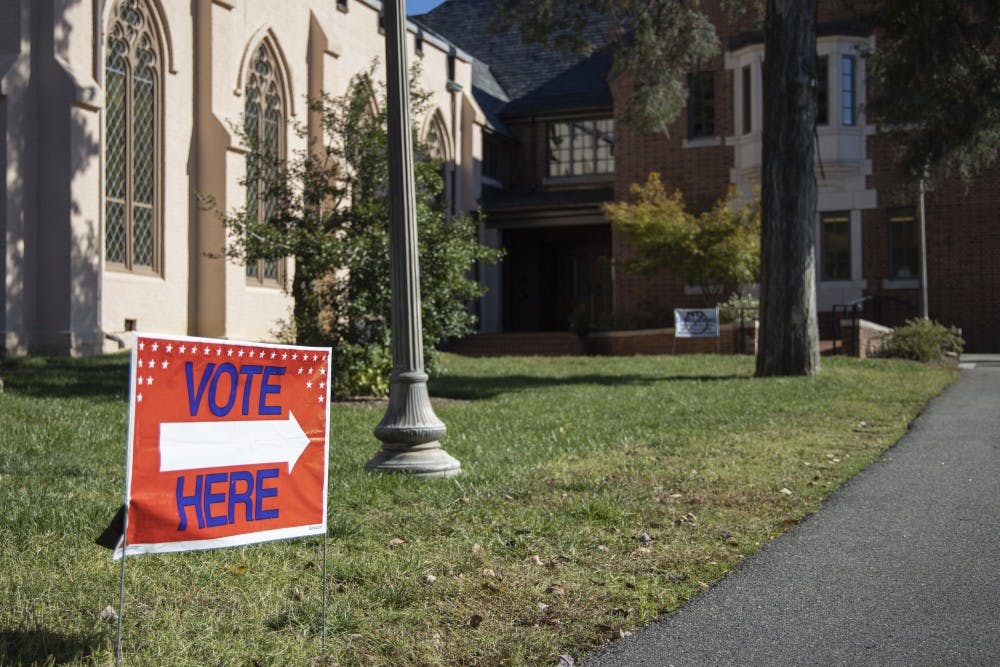When Irving Joyner, a professor of law at North Carolina Central University, was a child, he saw his grandparents, dressed in their finest clothes, leaving to register to vote.
“At the time I did not recognize just how courageous that was and how dangerous it was to them,” he said. “But I saw them when they returned and the rejection and dejection on their faces when they reported that they were unable to register because the local registrar did not deem them able to pass the literacy test or to pay the poll tax that were imposed on African Americans during that time.”
Since Joyner turned 18, he’s taken his “revenge,” voting in every election, but the fight for enfranchisement, in his view, isn’t over.
At "Denied and Abridged: The Struggle for Voting Rights in North Carolina," hosts Susan Blount and Becca Zerkin of Neighbors on Call discussed past and present voting rights efforts with Joyner and Anna Richards, president of the Chapel Hill-Carrboro NAACP.
Zerkin introduced Neighbors on Call as a progressive grassroots group for people who want to take action on state policy and elections.
“We knew that we wanted to start 2020 with a sobering look at the really shameful history of North Carolina voter rights and what role we can each play in that story,” she said.
Julia Storm, who attended the panel, said she liked being in a room with energized advocates.
“Hearing all the details about all the effort that has been put into voter suppression motivates me a lot to get out there and make it accessible for people to exercise their right,” she said.
Richards acknowledged that violence and intimidation have always played key roles in voter suppression, referencing the Wilmington Massacre of 1898.




